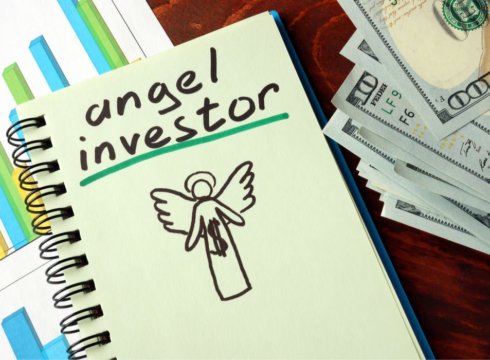Inc42 Daily Brief
Stay Ahead With Daily News & Analysis on India’s Tech & Startup Economy
Angel investing has become very trendy in India. The Times of India publishes a page on the startup ecosystem every week , and the media never tires of praising the unicorns who have created fabulous riches for their founders and investors.
This is why so many high-net-worth individuals want to become angels. This is a healthy trend because startups have an important role to play in the economy. Unless new companies keep on starting up, we’re not going to be able to grow the economy or create more jobs, so this is all for the best.
What worries me is that lots of angels start investing in startups for all the wrong reasons. They are deluded into believing that it’s a great way of becoming rich quick. The bitter truth is that most startups will fail, and rather than multiply your wealth, you are much more likely to end up losing all of it.
They also feel angel investing is very exciting because they watch Shark Tank events on TV. They imagine that it’s very cool to be able to pick the right founder and sign a cheque on the spot to kick start a company which is destined for greatness.
However, Shark Tank events are created for entertainment, and not for their educational value. If that’s the model that you plan to follow you’re going to end up burning your fingers because there is no royal road to riches. You need to take your time and be systematic about doing your due diligence.
All Work, Not Much Play
While the coolness factor of calling yourself an angel can be very seductive, you also need to remember that engaging with the startup after signing the cheque can be a lot of hard work. Usually, there’s very little communication from the founder, once he has money in the bank account. He feels the investor’s job is done, and many founders don’t take kindly to inquiries by investors because they are worried that the funders may start meddling in their business. They’d rather be left alone to do what they feel is right for the company. Many investors feel cheated by this lack of feedback, because they conclude that the founder no longer cares about them, now that he has got their money.
Some investors naively believe that all they need to do is identify a clever lead angel and then piggyback on the deals he is leading. They are happy to let him do all the heavy lifting and want to ride passively on his tailcoats to become rich without doing any work.
The truth is that you can’t become rich on borrowed wisdom. This is not a good tactic for selecting startups because a lot of these successful leads also have lots of failures, which you, unfortunately, don’t hear about.
This is why most outsiders have a very distorted view of the reality of the startup ecosystem. They want to “dabble” in angel investing for the thrill it gives them, but this is the worst reason to do so – your odds of identifying a winner are worse than a gambler playing roulette.
Now I am not saying that angel investing is a form of charity, but you should invest only if you are willing to lose this money without losing any sleep over the loss.
In Conclusion
The problem is that anyone who can sign a cheque today can become an angel – there are no examinations you need to pass in order to qualify as an investor! This can backfire, and immature angel investors can cause harm – both to their bank balances, as well as the entrepreneur’s peace of mind.
Angels come in all shapes and sizes, because every angel investor’s motivation is different, and that’s fine – no two angels are alike. Thus, some angel investors see this as an investment in themselves, because it’s a great way to network – you get the opportunity to meet other investors in your portfolio companies, many of whom have deep pockets.
The point is that you do need to be self-aware before you put money into a startup. Having money in the bank is a necessary condition for being an angel investor, but not a sufficient one!
[This post by Dr. Aniruddha Malpani first appeared on LinkedIn and has been reproduced with permission.]
Note: We at Inc42 take our ethics very seriously. More information about it can be found here.


